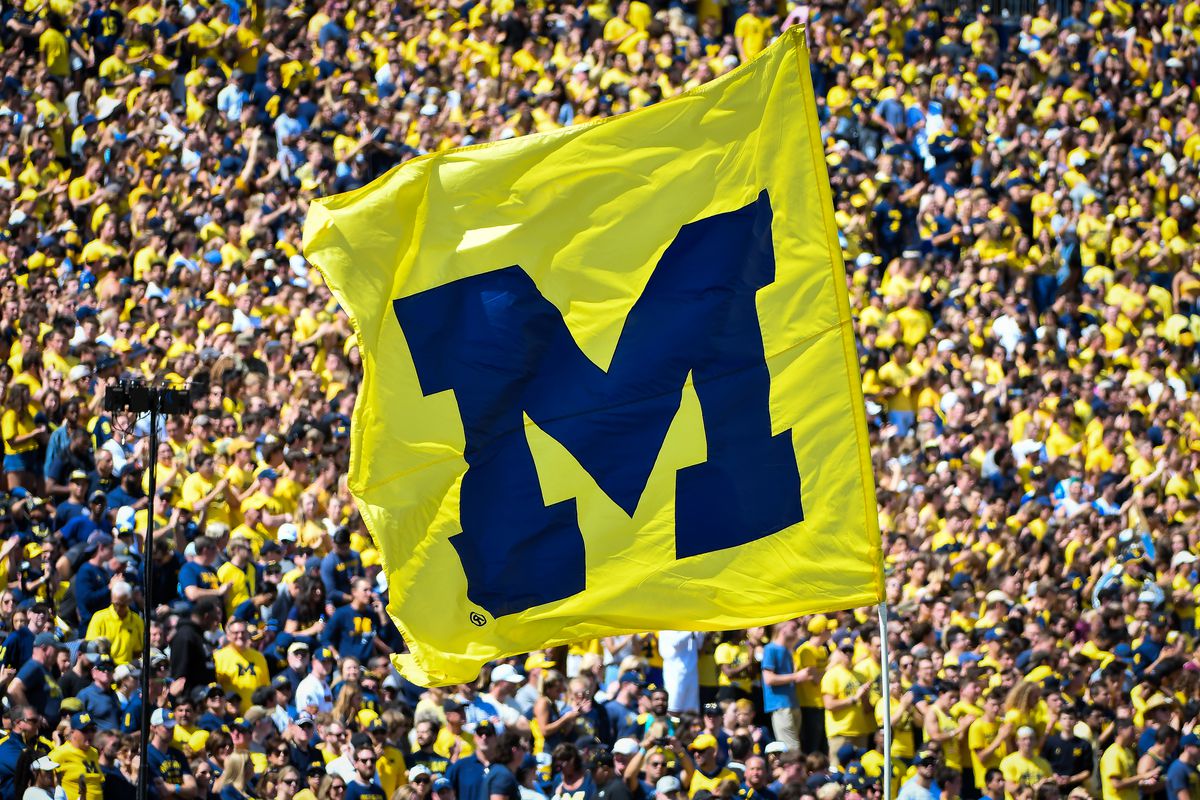Michigan is charged with stealing the signs of other teams. This explains why its coach was just suspended for three games.
\
The University of Michigan football team, which is one of the favorites to win the national title, is entangled in a purported sign-stealing operation that includes illegal in-person scouting of opponents dating back up to three seasons.
While the second-ranked Wolverines (9-0) continue their season, the NCAA and the Big Ten Conference, of which Michigan is a member, have been investigating the claims for at least three weeks. Jim Harbaugh, the program’s coach, has denied knowing of any unethical scouting tactics.
Weeks, if not months, will probably pass as the NCAA looks into this. After a career in Major League Baseball and television, Big Ten Commissioner Tony Petitti decided to take more drastic measures. He prohibited Harbaugh from coaching in the team’s final three regular-season games, including Saturday’s matchup against No. 9 Penn State. Petitti has been in the position for about six months.
What you need know about the scandal that may cast a shadow over the remainder of the season is provided below.
Football teams are not prohibited by NCAA or Big Ten rules from attempting to read each other’s play-calling signals. It is acknowledged that there will be observers on the sidelines searching for hints as teams face off.
Teams take great care to safeguard their signals, yet it can be difficult to determine the precise worth of possessing signals from another team. Since no-huddle offenses became the standard in college football, coaches claim it has spread like wildfire.
However, since not every school could afford to do so, the NCAA has clearly enforced rules prohibiting in-person, advanced scouting of opponents during the season. These prohibitions date back to the mid-1990s. The NCAA forbids using electronic devices to record signals from opposing teams.
Punishments are quite uncommon; in 2015, then-Baylor assistant Jeff Lebby received a public censure from the Big 12 Conference for his presence on the sidelines during an Oklahoma game. He received a one-half suspension as a Baylor penalty during their game versus the Sooners.
In this instance, the Big Ten said that the NCAA had sent warnings to the conference and the institution about the claims, which was an uncommon measure, “because of the unprecedented scope of the then-alleged scheme.”
If teams still signal plays using signs, it may appear archaic, but this is because the NCAA has not yet approved coach-to-player audio technology, which is a common sight in the NFL. That is currently off-limits due to worries that not all schools will have fair mechanisms in place.
The main focus of the claims against Michigan is Connor Stalions, a former low-level employee, who is accused of buying tickets to Michigan’s upcoming opponents’ games and sending others there to film the signals made by that team.

In support of earlier media claims, the Big Ten described it as “an organized, extensive, years-long in-person advance scouting scheme.” A “master spreadsheet” with sign-stealing assignments and “monetary amounts associated with certain assigned games” was detailed by Petitti when she announced the fine.
Records of tickets purchased for Stalions’ games in their names have been discovered, according to several Big Ten colleges. Surveillance footage shows the individuals occupying such seats aiming their phones toward the field.
Online images also appear to show Stalions, dressed in CMU attire and sunglasses, standing on the Central Michigan sidelines during the game against Michigan State on September 1. Central Michigan declared that it was collaborating with NCAA.
One of the unsolved questions is just who alerted NCAA investigators.
Since 2022, Stalions has worked as a recruitment analyst for Michigan. He was described on Stalions’ social media pages as a Naval Academy alumnus and ardent Michigan football supporter.
Soon after the NCAA and Big Ten announced that the school was under investigation, the university suspended him. After two weeks, he resigned, claiming through his attorney that neither Harbaugh nor any of his coaching staff had instructed anyone to violate any regulations or had knowledge of any wrongdoing in relation to the latest advanced scouting charges.
After deciding to punish Michigan, as many Big Ten coaches and officials had advised, Petitti is now awaiting word from a judge regarding whether the penalty will be stayed.
Michigan argues that the commissioner has the authority to discipline Harbaugh, particularly in light of the ongoing NCAA investigation. The Wolverines claim to have additional evidence that other Big Ten teams have broken the sportsmanship guideline by pilfering signs in potentially illegal methods.
It’s unclear if that defense will hold up in court. As they “vehemently reject any defense by the university or any other conference member that cheating is acceptable because other teams do it too,” the Big Ten expresses their doubts that it will.
___
